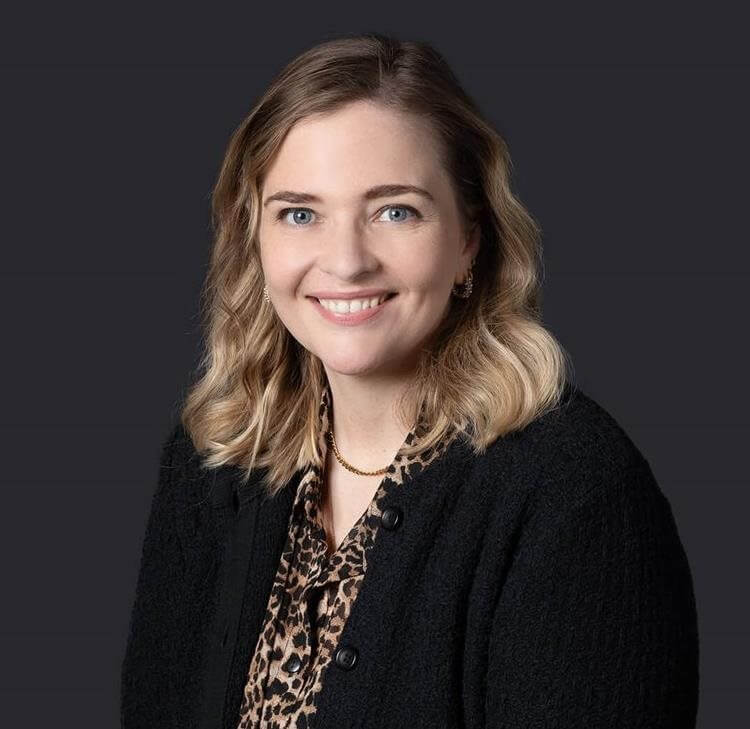What are the implications of the Mencap sleep-in ruling
In March the Supreme Court handed down its much anticipated judgment in the case of Royal Mencap Society v Tomlinson-Blake, which concerned the issue of whether sleep-in shift workers are entitled to the National Minimum Wage for every hour of their shift, rather than just time spent awake and working.
In March the Supreme Court handed down its much anticipated judgment in the case of Royal Mencap Society v Tomlinson-Blake, which concerned the issue of whether sleep-in shift workers are entitled to the National Minimum Wage for every hour of their shift, rather than just time spent awake and working.
Mrs Tomlinson-Blake was a carer who worked sleep-in shifts for Mencap for which she was paid a flat rate of approximately £22 per night. She was expected to be asleep during the shift unless the she was required to provide care during the night. Tomlinson-Blake argued that she should receive NMW for each hour of the shift because she was required to keep a “listening ear” out at all times. She succeeded at the employment tribunal and EAT but the Court of Appeal overturned these decisions on the basis that workers are not to be characterised as “available for work” (and therefore entitled to NMW) unless they are awake for the purposes of working, even if a worker sleeps at a place of work and is provided with sleeping facilities (Regulation 32, NMW Regulation 2015).
Tomlinson-Blake appealed to the Supreme Court and employers in the care sector waited anxiously for the outcome. If the appeal succeeded, it was estimated that this could give rise to a sector-wide liability of £400m in respect of NMW back pay to sleep-in carers. Various care charities warned that as many as two-thirds of employers in the care sector would face insolvency if this became payable.
So, what did the Supreme Court decide ? In light of the above, when the Supreme Court gave its decision dismissing Mrs Tomlinson-Blake’s appeal, it was particularly welcomed by employers in the care sector. The Supreme Court Justices were unanimous in finding that the NMW Regulations clearly state that a worker who is permitted to sleep during a shift and is only required to respond to emergencies, is not entitled to be paid at NMW rates for every hour of that shift. In reaching their decision, the Supreme Court was guided by the recommendations of the Low Pay Commission, which the Government is bound to follow, and which have been consistently clear that sleep-in shifts should not attract NMW.
So how does this ruling affect employers? The key message for employers arising out of this judgment is that they can continue with the longstanding practice of paying a flat rate for sleep-in shifts, safe in the knowledge that they are not falling foul of the NMW Regulations.
However, employers should still take steps to ensure that any time which their sleep-in workers spend awake for the purposes of working is remunerated at NMW rates. Employers should also be mindful of the distinction between sleep-in shifts and on-call arrangements (where a worker is required to be at the workplace outside of normal working hours with the expectation that he or she will be required to work) as the latter would attract NMW.
It is also important to recognise the disappointment felt by care workers following this judgment, at what is a difficult time within the sector. Unison, which supported Mrs Tomlinson-Blake in her appeal have said that the case highlights “the desperate need for major reform” in the care sector, and Mencap itself has called the legislation governing sleep-in payments “out of date and unfair” and called for a sector wide review. Whether such a review will take place or what its outcome will be remains to be seen, but employers should keep an eye out for further developments in this area.
Jennifer Jenkins is an Employment Associate at Browne Jacobson LLP.
This article was first published by People Management.

